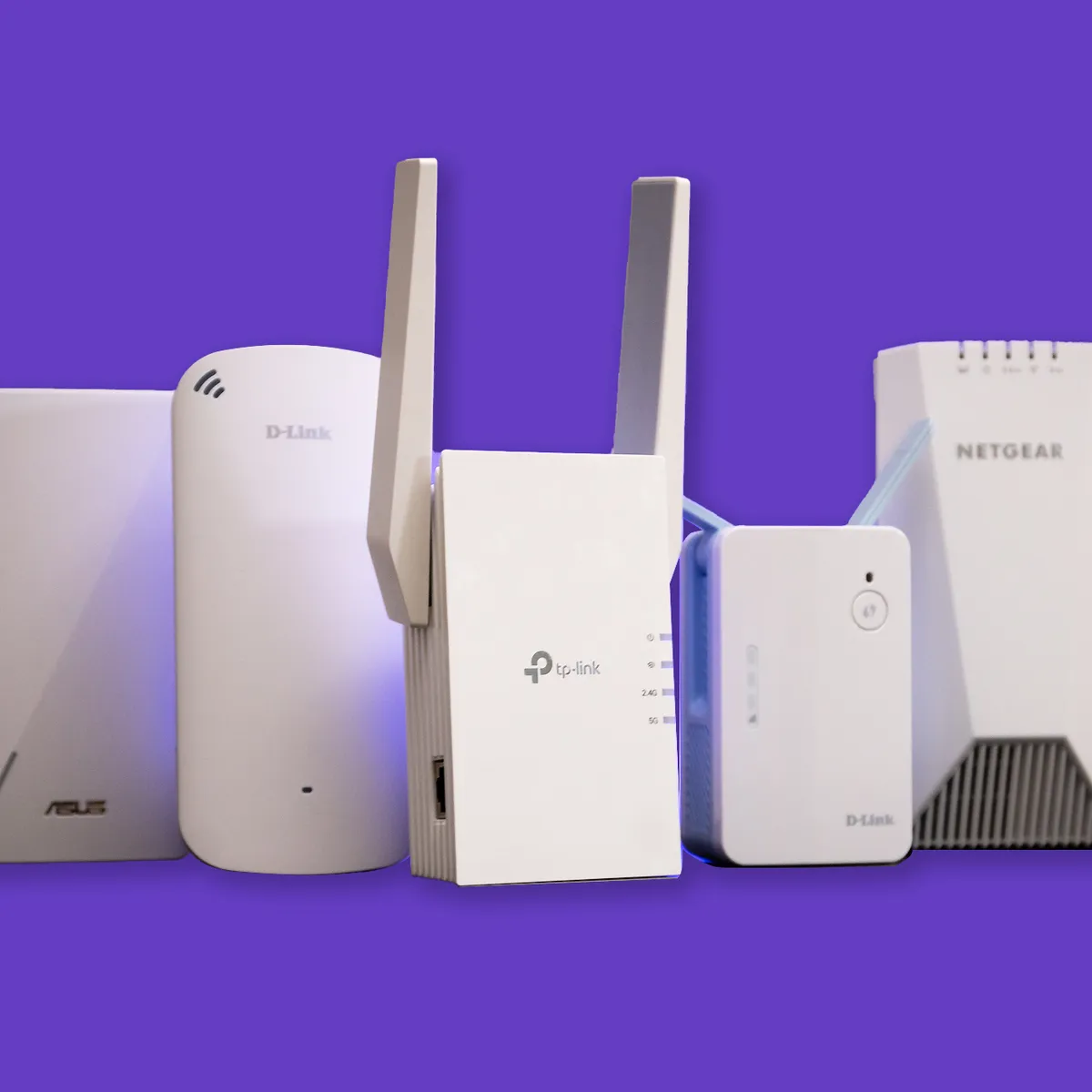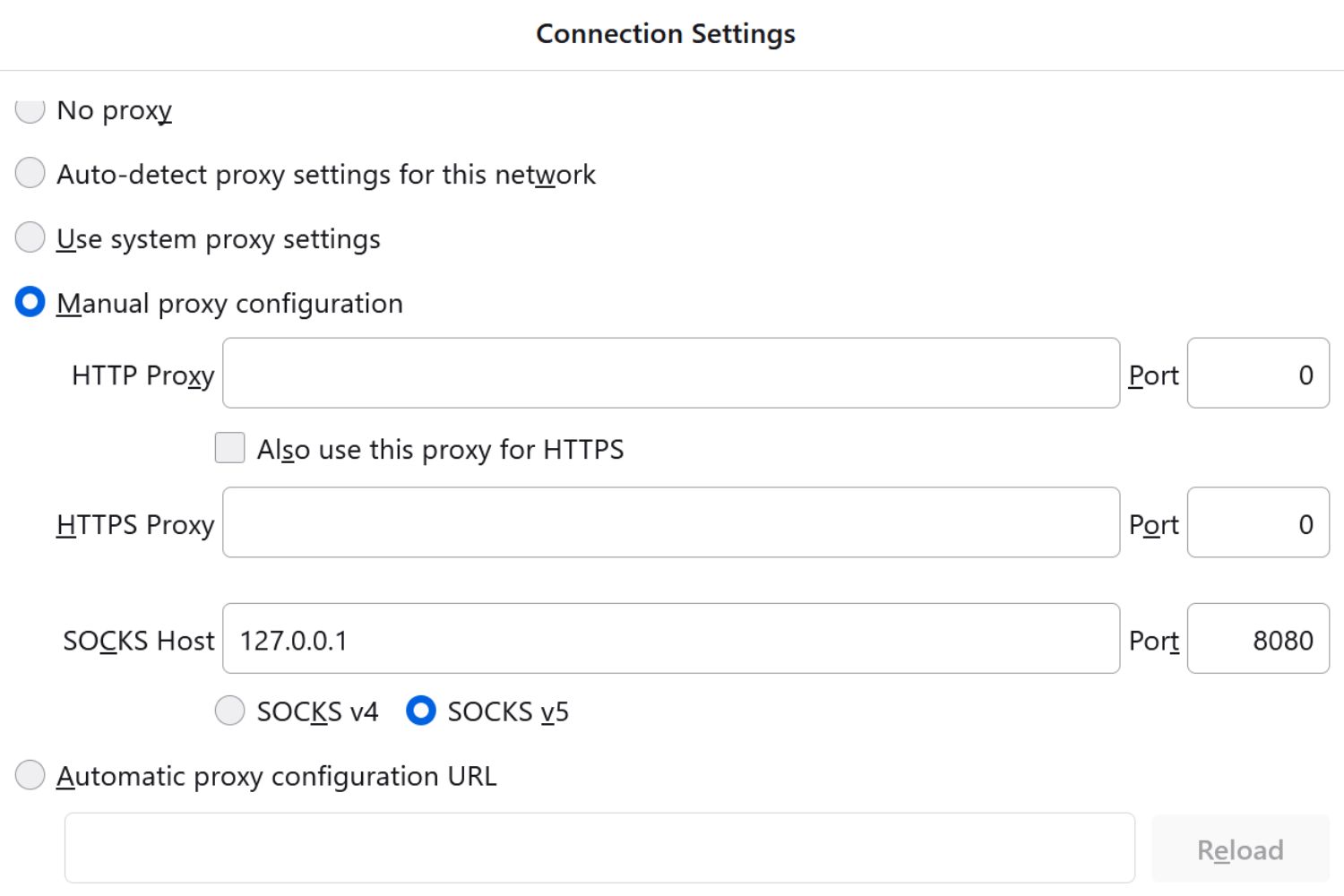Introduction
Welcome to the exciting world of online gaming, where virtual realms and epic adventures await! As you dive into the immersive gameplay and connect with fellow gamers from around the globe, have you ever wondered how all of this is made possible? The answer lies in the technology behind online gaming, specifically the use of Internet Protocol (IP).
Internet Protocol is the foundation of the internet, enabling communication and data exchange between devices connected to a network. In the realm of online gaming, IP plays a crucial role in facilitating seamless and real-time gameplay experiences. It allows gamers to connect, interact, and engage in multiplayer games across different platforms and geographical locations.
But what exactly is Internet Protocol, and how does it work in the realm of online gaming? In this article, we will explore the intricate relationship between IP and online gaming and delve into the benefits and challenges associated with its usage. So, grab your gaming headset and let’s embark on this digital adventure!
What is Internet Protocol?
Internet Protocol (IP) is a set of rules that governs the communication and data transfer across the internet. It provides the framework for identifying and addressing devices connected to a network, allowing them to send and receive data packets. IP serves as the backbone of the internet infrastructure, enabling seamless connectivity and facilitating the exchange of information.
Every device connected to the internet, whether it’s a computer, smartphone, or gaming console, is assigned a unique IP address. This address acts as a virtual identifier, allowing data to be directed to and received from the correct device. It is akin to a mailing address, ensuring that the information reaches the intended recipient in the vast landscape of the internet.
IP operates in conjunction with other protocols, such as Transmission Control Protocol (TCP), to ensure reliable and secure data transmission. Together, these protocols break down the data into small packets and reassemble them upon reaching their destination, guaranteeing the integrity and accuracy of the information being exchanged.
In the context of online gaming, IP establishes the foundation for connecting players from different locations and allowing them to engage in multiplayer experiences. It enables the seamless transfer of real-time gameplay data, such as player positions, actions, and chat messages, creating an immersive and interactive environment.
There are two main versions of Internet Protocol in use today: IPv4 and IPv6. IPv4, the fourth version, utilizes a 32-bit addressing scheme and can support around 4.3 billion unique IP addresses. While this seemed like a vast number at the inception of the internet, the exponential growth of connected devices necessitated the development of a new version.
IPv6, the sixth version, employs a 128-bit addressing scheme and can accommodate a staggering number of IP addresses – approximately 340 undecillion (3.4 x 10^38). This allows for the continued expansion of the internet and the proliferation of devices without the fear of address exhaustion.
How does Online Gaming Work?
Online gaming involves a complex network of systems and technologies working together to deliver a seamless interactive experience. Let’s take a closer look at how online gaming works:
1. Client-Server Architecture: Online gaming typically follows a client-server architecture, where players connect to a central server that hosts the game. The server acts as a hub, coordinating gameplay, storing player data, and facilitating communication between players.
2. Player Authentication: When a player launches an online game, their device sends a request to the server for authentication. The server verifies the player’s credentials and grants access to the game if successful.
3. Game Synchronization: Once authenticated, the client – the player’s device – and the server establish a connection. This connection allows for the synchronization of game data, including player positions, actions, and in-game events. This ensures that all players experience the game in real-time, regardless of their geographical location.
4. Data Transfer: During gameplay, each player’s actions and movements are transmitted to the server via data packets. These packets contain information about the player’s input, such as button presses or mouse movements. The server processes these packets and updates the game state accordingly.
5. Server Responsiveness: The server’s responsiveness is crucial in online gaming to minimize latency and provide a smooth gameplay experience. It must process incoming data packets quickly and send updated information to all connected players in a timely manner.
6. Multiplayer Interaction: Online games allow players to interact with one another through various means, such as voice chat, text chat, or in-game actions. The server facilitates communication between players, ensuring that messages and actions are transmitted accurately and in real-time.
7. Game Logic and Physics: Online games employ complex game logic and physics systems to ensure consistent gameplay across all connected devices. These systems handle collision detection, character movement, and other game mechanics, providing a fair and immersive experience for all players.
8. Security Measures: Online gaming systems implement various security measures to protect player data and prevent cheating. This includes encryption of data transmitted between the client and server, as well as cheat detection algorithms to identify and mitigate unfair gameplay.
Through the combination of client-server architecture, data synchronization, and real-time communication, online gaming creates a connected and interactive experience for players worldwide. The advancements in internet technology, such as high-speed internet connections and improved network stability, have further enhanced the online gaming experience, paving the way for more immersive and engaging gameplay.
Internet Protocol in Online Gaming
Internet Protocol (IP) forms the backbone of online gaming, enabling seamless connectivity and real-time communication between players. It plays a vital role in facilitating multiplayer experiences, ensuring that gameplay data is transmitted accurately and efficiently. Here are some key aspects of how IP is used in online gaming:
1. IP Address Identification: IP allows each device connected to the internet to be assigned a unique IP address. In online gaming, this IP address is used to identify and locate players, enabling them to connect with one another and participate in multiplayer games.
2. Connection Establishment: When a player initiates a multiplayer game, their device sends a connection request to the game server. IP facilitates this connection by directing the request to the correct destination based on the IP address of the server.
3. Data Packet Transmission: In online gaming, gameplay data, such as player movements, actions, and chat messages, is broken down into small data packets. IP ensures the reliable delivery of these packets by assigning source and destination IP addresses.
4. Routing and Network Infrastructure: IP determines the optimal path for data packets to travel across the network from the sender to the receiver. Routers and other networking devices use IP to identify the destination of each packet and forward them accordingly, ensuring efficient and timely delivery of data.
5. NAT Traversal: Network Address Translation (NAT) is a technique used to conserve IP addresses by allowing multiple devices to share a single public IP. In online gaming, NAT traversal techniques, such as port forwarding or Universal Plug and Play (UPnP), enable players behind routers or firewalls to establish direct connections with other players.
6. Peer-to-Peer (P2P) Networking: Some online games utilize peer-to-peer networking, where players directly connect with one another without a central game server. In such cases, IP addresses play a crucial role in establishing direct connections between players, enabling them to exchange gameplay data seamlessly.
7. Scalability and Load Balancing: IP enables online gaming systems to scale and handle a large number of concurrent players. Load balancing techniques distribute the incoming player connections across multiple servers, ensuring optimal performance and minimizing server overload.
8. IP Version Transition: As the transition from IPv4 to IPv6 continues, online gaming systems need to support both IP versions to accommodate players using different addressing schemes. IP protocols and implementations are evolving to ensure compatibility and smooth connectivity for all players.
By leveraging the power of IP, online gaming platforms can provide a seamless and immersive multiplayer experience, connecting players across the globe. The continuous advancements in IP technology, coupled with the increasing availability of high-speed internet connections, contribute to the growth and popularity of online gaming.
Benefits of Using Internet Protocol in Online Gaming
The utilization of Internet Protocol (IP) in online gaming brings forth a multitude of benefits that enhance the gaming experience for players. From seamless connectivity to expansive multiplayer options, IP technology plays a crucial role in shaping the landscape of online gaming. Here are some key advantages of using IP in online gaming:
1. Global Connectivity: IP allows players from different geographical locations to connect and interact in real-time. It breaks down barriers and enables gamers to engage in multiplayer experiences with friends, acquaintances, or even complete strangers, fostering a sense of community and camaraderie.
2. Multiplayer Gameplay: IP facilitates the seamless integration of multiplayer functionality in online games. Players can collaborate, compete, or team up with others, enhancing the social aspects of gaming and providing dynamic and engaging experiences that would not be possible in a single-player setting.
3. Real-Time Communication: With IP, players can communicate with one another during gameplay through features such as voice chat or text chat. This not only enhances the cooperative and competitive elements of online games but also fosters teamwork and coordination among players.
4. Seamless Game Updates: Online gaming platforms can leverage IP to deliver game updates and patches directly to players’ devices. This eliminates the need for manual downloads or installations, ensuring that players always have access to the latest game content and improvements.
5. Enhanced Gameplay Experience: IP supports the transmission of real-time gameplay data, such as player positions, actions, and in-game events. This enables smoother gameplay experiences with minimal latency, resulting in a more immersive and responsive environment for players.
6. Expansive Player Base: Online gaming platforms that utilize IP technology can attract a large player base spanning across different regions and time zones. This not only increases the pool of available opponents and allies but also enhances matchmaking capabilities, ensuring players can always find suitable opponents or teammates.
7. Cross-Platform Compatibility: IP enables online gaming experiences across different platforms, including computers, consoles, and mobile devices. This compatibility allows gamers to play with their friends regardless of the devices they own, creating a more inclusive and accessible gaming ecosystem.
8. Competitive eSports Scene: IP-driven online gaming has given rise to the emergence of competitive eSports tournaments and leagues. Players can showcase their skills and compete at global levels, attracting audiences of millions and providing professional opportunities for aspiring gamers.
The utilization of IP technology in online gaming continues to evolve and innovate, bringing new possibilities and experiences to players worldwide. As the infrastructure and capabilities of IP advance, the future of online gaming holds even greater potential for immersive gameplay and enhanced social connectivity.
Challenges of Using Internet Protocol in Online Gaming
While Internet Protocol (IP) plays a crucial role in enabling online gaming, it also presents certain challenges that developers and players must navigate. These challenges can affect the overall gaming experience and require careful consideration. Here are some key challenges associated with using IP in online gaming:
1. Latency and Network Stability: Latency, or the delay between a player’s action and its effect in the game, can be a significant challenge in online gaming. Factors such as network congestion, distance between players, and server performance can result in higher latency, impacting the responsiveness and real-time nature of gameplay.
2. Packet Loss and Data Corruption: Data packets transmitted over the internet can be susceptible to loss or corruption due to network issues. This can result in glitches, lag, or inconsistent gameplay experiences, affecting the overall enjoyment and fairness of the game.
3. Distributed Denial of Service (DDoS) Attacks: Online gaming servers are often targets of DDoS attacks, where multiple compromised devices flood the server with an overwhelming amount of traffic. These attacks can disrupt gameplay, leading to disconnections, lag, or even server downtime.
4. Security and Cheating Concerns: Online gaming platforms need to implement robust security measures to protect player data and prevent cheating. IP-based games can be vulnerable to packet sniffing, IP spoofing, or other forms of malicious activity, compromising the fairness and integrity of the gameplay.
5. NAT and Firewall Limitations: Network Address Translation (NAT) and firewalls can introduce additional challenges for online gaming. Some players might experience difficulties in establishing direct connections with other players due to NAT traversal issues or firewall restrictions, leading to connectivity issues and limited multiplayer options.
6. Compatibility and Versioning Challenges: The transition from IPv4 to IPv6 poses compatibility challenges for online gaming platforms. Ensuring seamless connectivity and gameplay experience for players using different IP versions requires careful implementation and testing to avoid incompatibilities or performance issues.
7. Server Infrastructure and Scaling: Online games with a large player base require robust server infrastructure capable of handling high concurrent user loads. Scaling the infrastructure to meet the demand can be costly and complex, requiring careful planning and optimization to ensure a smooth gameplay experience.
8. Regulatory and Legal Considerations: Online gaming platforms need to comply with various regulations and legal requirements, such as data privacy laws and age restrictions. Ensuring compliance and handling player data securely adds complexity and overhead to the development and operation of online games.
Despite these challenges, advancements in technology and ongoing improvements in IP protocols continue to address these issues and enhance the online gaming experience. Developers and network administrators are constantly striving to mitigate these challenges and provide players with a seamless, secure, and enjoyable gaming environment.
Conclusion
Internet Protocol (IP) serves as the foundation of online gaming, allowing players from around the world to connect, interact, and engage in exciting multiplayer experiences. By facilitating seamless connectivity, real-time communication, and data transmission, IP technology has transformed the way we play and experience games.
Through IP, online gaming has become a global phenomenon, breaking down geographical barriers and creating a vibrant community of players. The multiplayer capabilities made possible by IP have fostered a sense of camaraderie, competition, and teamwork among gamers, enhancing the social aspects of gaming.
While IP brings significant benefits to online gaming, it also presents challenges such as latency, packet loss, security concerns, and NAT traversal issues. These challenges require continuous innovation and reliable network infrastructure to ensure a smooth and enjoyable gameplay experience for players.
The future of online gaming and IP technology holds tremendous potential. As internet connectivity improves, IP protocols evolve, and gaming platforms continue to innovate, we can expect even more immersive and seamless online experiences. From virtual reality gaming to seamless cross-platform gameplay, the possibilities are endless.
In conclusion, the utilization of Internet Protocol in online gaming has revolutionized the way we play, connect, and experience games. It has transformed gaming from a solitary activity to a global phenomenon, providing an immersive and interactive environment for players worldwide. Despite the challenges, IP technology continues to advance, opening up new opportunities and pushing the boundaries of online gaming.

























